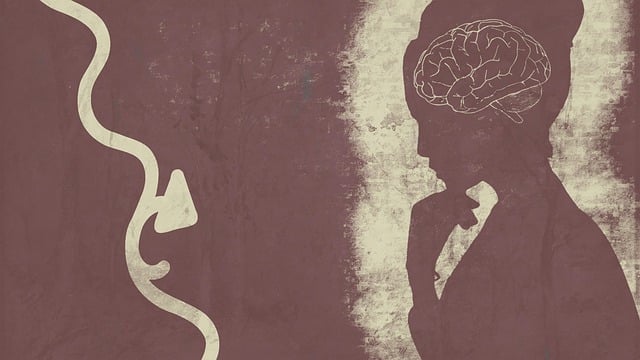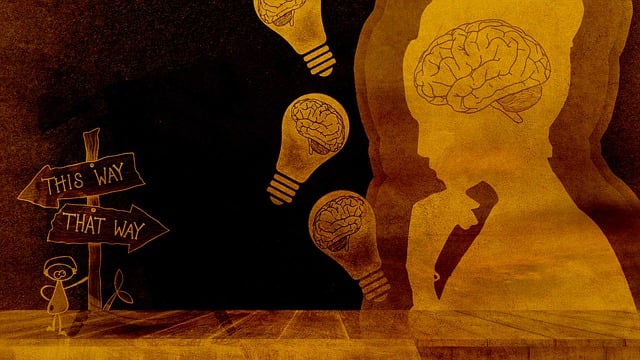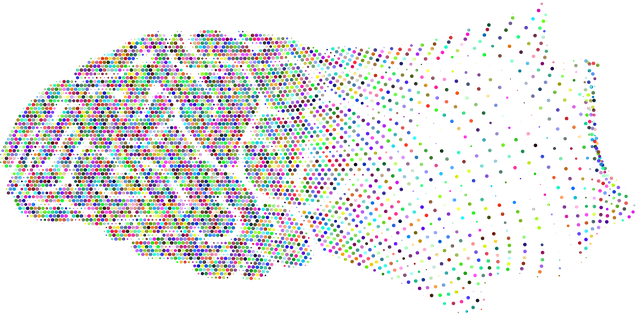Louisville Anxiety Therapy leads the charge in enhancing cultural competency within healthcare, addressing critical disparities in treatment outcomes due to implicit biases. Their comprehensive training programs empower medical professionals to provide personalized care tailored to diverse cultural backgrounds, targeting root causes of anxiety within specific contexts. Through open dialogues on the Mental Wellness Podcast Series, they foster trust and improve self-esteem among patients from various ethnic origins. By embracing diverse perspectives, Louisville's healthcare system can enhance patient outcomes and satisfaction through culturally sensitive care, ensuring effective therapy practices for all community members.
In today’s diverse healthcare landscape, cultural competency is paramount. This article explores how Louisville can enhance its medical practices through focused training, particularly addressing anxiety therapy services. We delve into the significant impact of cultural bias on patient care and present strategies for effective training programs. By understanding the unique cultural contexts of patients, Louisville anxiety therapy providers can offer more personalized, compassionate, and inclusive care, ultimately improving healthcare outcomes for all.
- Understanding Cultural Competency in Healthcare: A Louisville Perspective
- The Impact of Cultural Bias and Its Effects on Patient Care
- Strategies for Effective Training: Enhancing Louisville Anxiety Therapy Practices
Understanding Cultural Competency in Healthcare: A Louisville Perspective

In Louisville, the importance of cultural competency in healthcare cannot be overstated. With a diverse community and a growing awareness of mental health needs, Louisville Anxiety Therapy has taken the lead in providing training that bridges cultural gaps and promotes understanding among medical professionals. This initiative is crucial in ensuring that everyone receives care tailored to their unique cultural backgrounds, enhancing overall wellness and self-care practices.
The city’s approach emphasizes not just treating symptoms but also addressing the root causes of anxiety and stress within various cultural contexts. Through Louisville Anxiety Therapy’s Mental Wellness Podcast Series Production, experts delve into topics relevant to different communities, fostering open dialogues about mental health. This proactive strategy not only improves self-esteem improvement but also builds trust between healthcare providers and patients from diverse ethnic and cultural backgrounds.
The Impact of Cultural Bias and Its Effects on Patient Care

Cultural bias among healthcare providers can significantly impact patient care, often leading to disparities in treatment outcomes. Implicit biases, which are unconscious and automatic stereotypes, can influence how professionals interact with patients from different backgrounds, including their communication style, tone, and even diagnostic decisions. For instance, a provider’s cultural bias might cause them to dismiss a patient’s symptoms or interpret them through a lens of their own cultural norms, potentially delaying or misdiagnosing conditions commonly experienced within diverse communities. This can be especially harmful in managing mental health issues like anxiety, where nuances in expression and understanding of emotional distress vary across cultures. In Louisville, anxiety therapy services that consider cultural competency are crucial to ensuring effective treatment for all residents, regardless of their ethnic or socioeconomic backgrounds.
The effects of cultural bias extend beyond individual patient experiences, impacting the overall quality of healthcare services. It can contribute to a lack of trust between patients and providers, hindering open communication and accurate health assessments. To address these issues, implementing community outreach programs that promote cultural competency training is vital. These initiatives can equip healthcare professionals with tools like mindfulness meditation and conflict resolution techniques to recognize and mitigate their biases, fostering more inclusive and empathetic environments. By embracing diverse perspectives and practices, Louisville’s healthcare system can move towards providing culturally sensitive care, ultimately enhancing patient outcomes and satisfaction.
Strategies for Effective Training: Enhancing Louisville Anxiety Therapy Practices

Effective cultural competency training for healthcare providers in Louisville can significantly enhance local anxiety therapy practices. One strategy involves incorporating diverse case studies and role-playing scenarios that reflect the cultural backgrounds and unique challenges of Louisville’s community members. By simulating real-life interactions, therapists can learn to adapt their communication styles and therapeutic techniques to better serve clients from various ethnic groups.
Additionally, training should focus on Stress Reduction Methods, Mental Illness Stigma Reduction Efforts, and Emotional Well-being Promotion Techniques tailored to the local population. This might include learning about cultural beliefs around mental health, exploring community resources, and developing culturally sensitive interventions that address specific anxiety disorders prevalent in Louisville. Such targeted approaches can ensure that therapy practices are not only effective but also respectful of and responsive to the diverse needs of the community.
Cultural competency training is a transformative tool for healthcare providers, especially in diverse cities like Louisville. By addressing cultural biases and implementing effective strategies, such as those outlined for Louisville anxiety therapy practices, we can significantly enhance patient care and outcomes. This approach ensures that every individual receives respectful, culturally sensitive treatment, fostering a healthier and more inclusive community.














